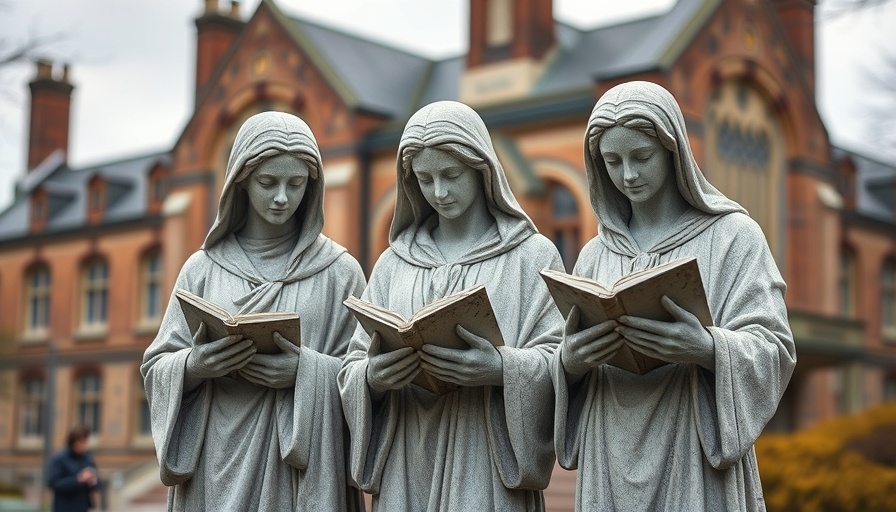
Rediscovering Roots Through Gardening
At Spelman College, students are diving into "the free-est therapy" by engaging with the soil of the historic Victory Garden. This program not only allows them to grow food but also helps them forge a deeper connection to their ancestry. For generations, Black individuals have nurtured the land, cultivating a legacy intertwined with resilience and healing.
The Significance of the Victory Garden
The Spelman Victory Garden, dating back over a century, stands as a symbol of Black heritage. As Ivori Schley, the college's garden educator, highlights, this garden is not merely a patch of land; it embodies storytelling and community. Gardening is a practice that has historically strengthened bonds among Black communities, often serving as a refuge and a source of solace during difficult times.
Overcoming Stigmas Associated with Agriculture
While gardening may evoke painful memories of enslavement for many, Schley encourages students to redefine these associations. By embracing their heritage, they can reclaim their connection to nature. Gardening fosters a sense of belonging and challenges the notion of separation between humans and nature. For many, adopting this perspective transforms gardening into an act of reclamation that empowers the community.
The Loss of Black Land Ownership
Unfortunately, the generational trauma surrounding land ownership persists. Historical events like the revocation of Special Field Order 15 and ensuing legislation contribute to the declining numbers of Black farmers. In just over a century, the ownership of land by Black Americans has drastically reduced from millions to just a fraction of that area. The ongoing battle for land access underlines systemic issues that still need addressing.
Recent Efforts towards Justice for Black Farmers
The introduction of the Justice for Black Farmers Act in 2023 aims to address these disparities. By funding historically Black colleges and universities, the legislation seeks to create pathways into agricultural careers and rectify issues related to land ownership. These initiatives are steps towards restoring the historical connection between Black individuals and their access to land.
A Growing Movement of Healing and Community Development
At Spelman and beyond, gardening is modern therapy. Individuals find peace in planting, cultivating, and nurturing crops. This practice melds physical activity with mental well-being, enabling a reconnection to their roots while fostering community through shared efforts. By participating in gardening, students are not only contributing sustenance to themselves and others but also wrapping themselves in a shield of historical legacy and self-care.
Stepping Into the Future with Agricultural Innovations
As students on Spelman's campus learn the intricacies of gardening, they represent hope for a future where Black farmers regain their rightful place in society. Through innovative programs blending tradition with contemporary agricultural practices and technology, the next generation of Black farmers can lead the way toward food sovereignty and community empowerment.
Gardening can be a vital antidote to the mental strain of daily life, proving to be a source of both nourishment and therapeutic relief. Spelman students engaging in this garden project are rebuilding bonds with their past while ensuring that the legacy of Black agriculture continues to flourish.
 Add Row
Add Row  Add
Add 




Write A Comment